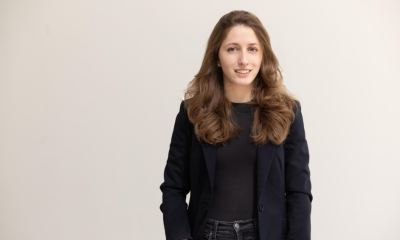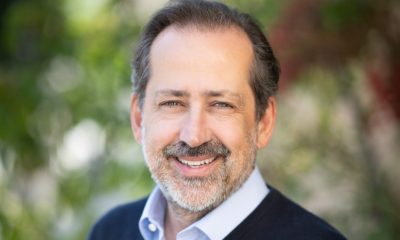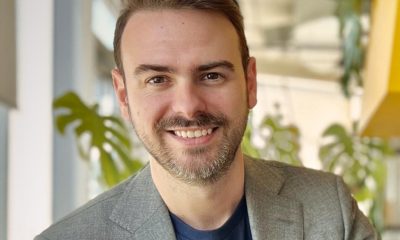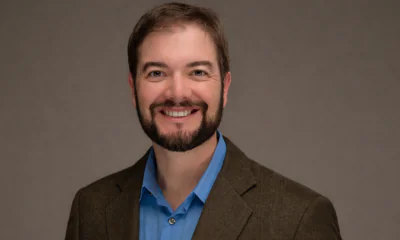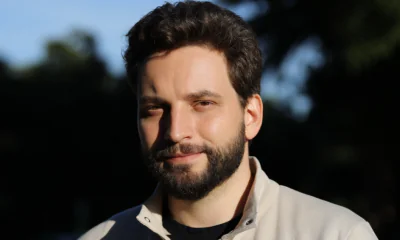Interviews
Dr. Ofer Sharon, CEO of OncoHost – Interview Series

Dr. Ofer Sharon is a physician and entrepreneur with close to 20 years of experience in clinical and commercial product development for startups in the health tech, biotech, and medical device industries. Prior to joining Oncohost, he served multiple roles in global pharmaceutical companies including Medical Director for AstraZeneca (Israel), new technologies scout for Medimmune and Medical Director for MSD (Israel). He co-founded several healthcare companies, mainly focusing on bioinformatic and machine learning platforms for clinical deterioration detection and early intervention. Dr. Sharon is a Major (res.) in the IDF and a medical company commander with specific expertise in disaster relief. He received his MD cum laude from Tel Aviv University, Israel.
Could you begin by explaining what OncoHost is?
OncoHost is a precision oncology start-up company that combines proteomic analysis with AI in order to predict response to immunotherapy and provide clinicians with potential combination strategies in order to overcome treatment resistance.
What was the genesis story behind OncoHost?
Our chief scientist, Prof. Yuval Shaked, now the head of the integrated cancer research center at the Israeli Institute of Technology discovered that the host response to anti-cancer treatment may facilitate and support tumor growth and spread. In what seems like a paradoxical reaction to treatment, our own body may actually help the tumor cells evade the effect of the cancer treatment.
In over 15 years of research, Shaked discovered that host response is a universal phenomenon regardless of the treatment modality (chemotherapy, targeted therapies, immunotherapy and even radiation and surgery). We at OncoHost work to decipher the host response in order to identify in which patients it might be harmful.
Traditional cancer therapies effectively destroy tumor cells, but they also induce a range of unintended effects in healthy tissue. Could you discuss how big of a problem this is for patients and healthcare practitioners?
We can generally divide the adverse effects of different cancer treatments to those we can identify as physicians and patients, and those that we cannot see. I often think about this as an iceberg. Clinicians know very well what to expect and how to manage the “visible” adverse events above the surface. What we don’t see are those that hide below the surface – i.e., host response. The costs are substantial both in terms of direct costs and in terms of the mental burden added to the physical one.
Can you discuss how OncoHost’s system, PROphet, can identify proteins in a patient’s blood plasma to then flag the therapies most likely to help an individual patient?
Our system combines analysis of hundreds of different proteins with several bioinformatic and machine learning tools. The idea is to focus on the proteins that significantly differ between patients in order to create a classifier that can identify non-responders early and offer clinicians analysis of the biological pathways and proteins that are associated with the resistance to treatment and, as such, serve as potential drug targets.
How do predictive tests reduce unnecessary toxicities?
Potent treatments are accompanied by toxicities. Managing cancer is all about walking the fine line between safety and efficacy. I believe that by personalizing treatment to the patient, we can optimize that ratio. In addition, we try to predict immune-related adverse events and, as such, be prepared to identify and treat those as early as possible.
What types of cancers is OncoHost currently focusing on?
Lung cancer (non-small cell and small cell) and melanoma stage IV.
What do you foresee as the future of personalized medicine?
I think that we will see deep patient “profiling” for diagnosis before and during treatment, using several modalities (AI-based imaging, next generation sequencing, proteomic analysis and single cell analysis) all to better understand our patients and how they and the tumor evolve over time, in order to adapt and change the treatment in real-time.
Thank you for the great answers, readers who wish to learn more should visit Oncohost.

